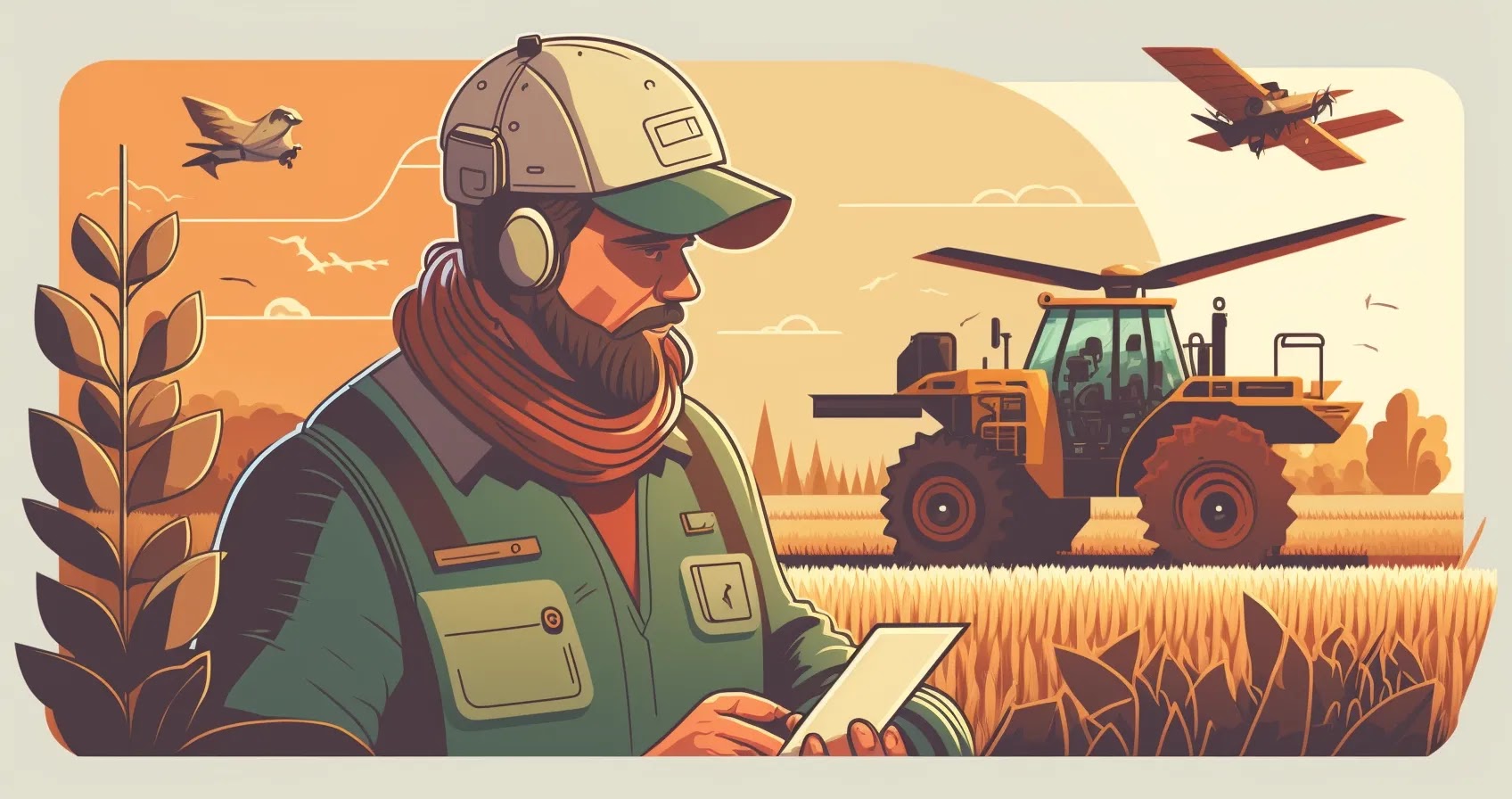As an agricultural engineer, you will play a crucial role in ensuring sustainable and efficient agricultural practices.
Your work will involve designing, developing, and implementing new technologies and systems for agricultural production, processing, and distribution.
You will also be responsible for improving the quality and safety of agricultural products, as well as minimizing the environmental impact of farming activities.

Quick Navigation:
Why become an Agricultural Engineer?
Becoming an agricultural engineer can be a highly rewarding career choice for a number of reasons. Firstly, it offers the opportunity to make a real difference to the world by contributing to sustainable agriculture and food security.
You will be at the forefront of developing new technologies and systems that can enhance productivity, reduce waste, preserve natural resources, and improve the quality of food production.
Agricultural engineering is also a rapidly growing field with high demand for professionals, which means good job security and competitive salaries.
Career Path of Agricultural Engineer
To become an agricultural engineer, you will typically need a degree in agricultural engineering or a related field such as mechanical engineering, civil engineering, or environmental engineering.
After completing your degree, you can pursue a career in a variety of settings, including government agencies, research institutions, consulting firms, and private companies.
You may also choose to specialize in a particular area such as crop production, irrigation systems, machinery design, or food processing.
Career Development as an Agricultural Engineer
As an agricultural engineer, you will have numerous opportunities for career development and advancement.
You can pursue further education and training to specialize in a particular area, or you can take on leadership roles such as project manager or team leader.
You may also choose to work internationally, gaining experience in different agricultural systems and cultures. Additionally, you can become involved in professional organizations and networks to stay up-to-date with the latest trends and innovations in agricultural engineering.
Requirements of Agricultural Engineer
To become an agricultural engineer, you will need a strong foundation in science and math, as well as excellent problem-solving and critical thinking skills.
You will also need to be able to communicate effectively with a wide range of stakeholders, including farmers, policymakers, and other engineers. Additionally, you should be comfortable working in challenging environments, such as remote or rural areas, and be willing to travel as needed.
Interview Preparation for Agricultural Engineer
When preparing for an interview for an agricultural engineering position, you should be prepared to discuss your experience and education in detail, as well as your technical skills and knowledge.
You should also be prepared to discuss your passion for sustainable agriculture and your vision for how you can contribute to the field. Additionally, you should be familiar with the latest trends and innovations in agricultural engineering, and be able to discuss how you can apply these to your work.
Work-Life Balance as an Agricultural Engineer
As an agricultural engineer, you may work in a variety of settings, including field work, research labs, and offices. Depending on your specific role, you may work long hours during peak seasons, or have more flexible hours during off-seasons.
However, the field generally offers good work-life balance, with many opportunities for remote work, flexible schedules, and work-life integration.
Wrapping Up
Becoming an agricultural engineer can be a highly rewarding career choice, offering the opportunity to make a real difference in sustainable agriculture and food security.
With strong demand for professionals and numerous opportunities for career development, it is a field with good job security and competitive salaries. If you have a passion for science, technology, and sustainability, and want to work in a field that makes a difference, then agricultural engineering may be the right career for you.






